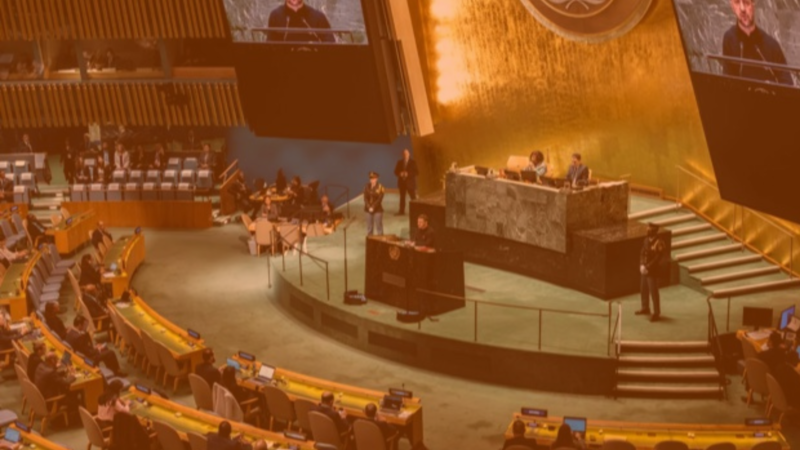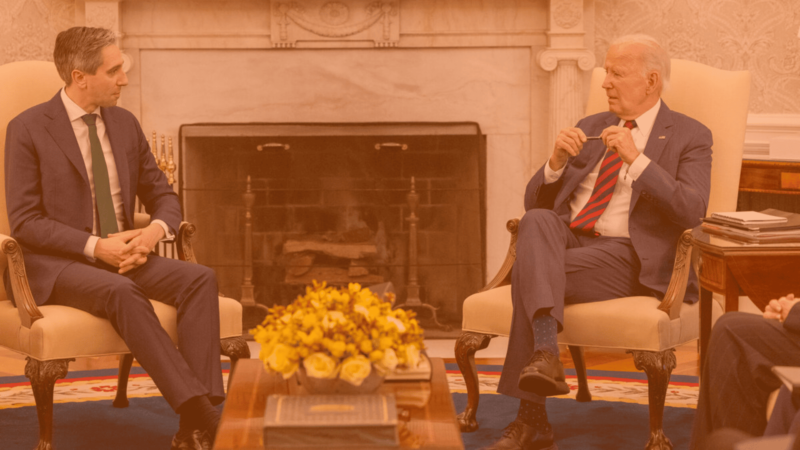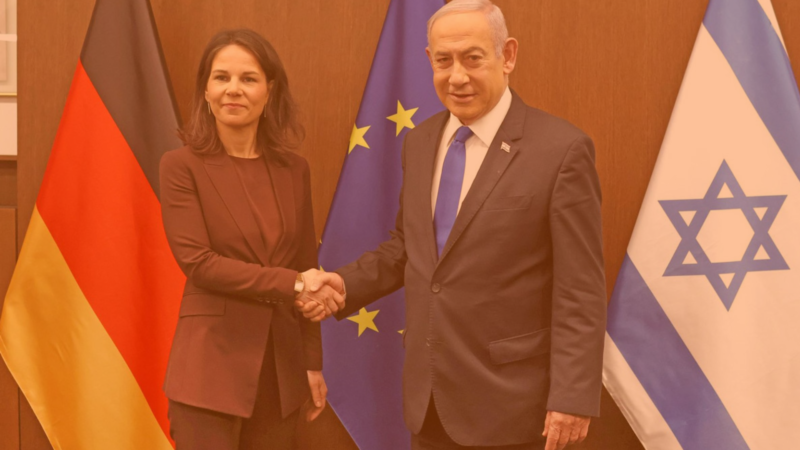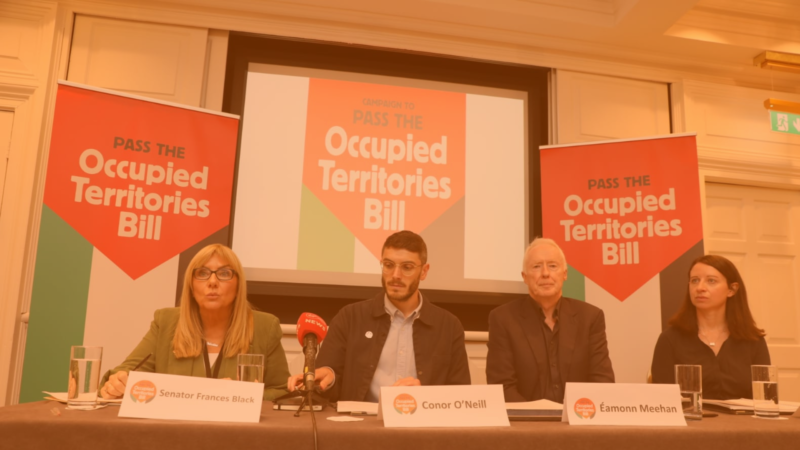How DiEM25 could become ‘a hotbed of grassroots democracy capable of supranational solutions’, according to our Coordinating Collective member, Rosemary Bechler.
>> A movement-party (a hybrid, that is neither an issues-based movement nor a power-seeking bureaucratic party)
DiEM25’s “Not Just Another Political Party” proposal outlines a ‘dual approach’ – a movement-party (a hybrid that is neither an issues-based movement nor a power-seeking bureaucratic party) which can perform both functions. We have seen some exciting organisational experiments broadly attempting to reconcile the horizontal and the vertical in European progressive politics over the recent period. The most successful are those that don’t back off from the transformative energies of people self-organising, for the sake of some filter or gatekeeping function often prematurely designed to capture power.
Our introduction to Not Just Another Political Party poses a crucial question: how can we be involved in elections, national or pan-European, without losing our ‘movement character’ and our capacity to converse with and influence existing parties through dialogue and collaboration?
With this proposal we have turned that make-or-break question into a realistic prospect, an ongoing democratic process at the heart of the DiEM25 movement. Faced with any given electoral opportunity, the movement as a whole, in its pan-European form, in national debates and as individual members of that movement will decide together which strategic approach is best. On 1st November we decide whether we should seek to register an electoral wing in as many countries as possible. But the decision of whether that electoral wing runs in any future election will, again, be taken by DiEM25 in its all member vote manner. Pan-European votes will decide each electoral strategy as well, but only after we have learned much about the democratic depth of our movement, the impact of different cultures, all inspired by a common European vision.
What criteria will members use? I hope the one mentioned in the quote from the Manifesto. Members will be trying to decide which form of political intervention will best connect ‘our common agenda… with local communities and at the regional and national level.’
Coming from a UK plunged into the Brexit debate for the foreseeable future, I warmly welcome a chance to access an in-depth pan-European discussion and analysis about our common future. But I cannot imagine DiEM25 ‘going electoral’ soon in a general election in the UK. In terms of the connection we seek, I can’t at present imagine a better opportunity than the Labour Party under Jeremy Corbyn, where middle class people who care about others can connect with working class people in a way that our media, beginning with the Reithian BBC, has tried its best to render impossible for so many years. In national elections, I do have an interest in the potential for seeking consensus in progressive alliances against a Ukipised Conservative party, as long as they are bottom up alliances, and I do believe that DiEM25UK could make itself useful as an arena for those sorts of conversation.
But if DiEM25 in its collective wisdom decided to ‘go electoral’ in the UK, as an individual member of DiEM25 the movement, but not as a registered party member, I would still be able to choose to argue for and indeed pursue my goals as sketched above.
>> A transnational movement-party, with a common programme across all European states
Before ever getting to this stage, we would have taken the time for the relevant National Committee (NC) to empower its members to assess their capacity and the optimum impact out of a wide range of options, from the ones DIEM25 has already trialled – asking candidates to sign a charter committing them to DiEM25 policies; endorsing candidates, parties or coalitions; working for a progressive alliance; otherwise raising the profile of our European New Deal proposals in the election debate, or some option we haven’t yet imagined – through to forging a more permanent partnership with a local party that would act as its ‘electoral wing’ in that state – (a movement that is setting out to attract parties, rather than the other way around, has a truly innovative twist to it, doesn’t it?) – or launching a new party that has a fully-fledged DiEM25 political programme. They would make a recommendation, or put a set of options, to DiEM25 as a whole to decide. In the unlikely event of a rift between the NC and the rest of DiEM25, some agreed process would have to resolve the conflict. Crucially, in all cases everyone would learn.
What is liberating about the hybrid opportunity we are proposing is that this is truly bottom-up decision-making of an ambitious kind. Each member has to decide both collectively what the best scenario is for DiEM25, and individually where they in all conscience can best allot their own time and effort. I care about this rich process of decision-making, not only because of the way I may be disposed to vote. To quote a colleague, “we want to present people with a vision for Europe and themselves that’s truly radical” [my italics]. This to my mind precisely requires DiEM25 to become a prefigurative movement, a longterm investment in a democratic and democratising process, which will be informed and enabled by the pan-European experience of DiEM25 as a whole.
This is essential not only for fully liberating the transformative energies of the members, but also for keeping properly open, open at every pore, the relationship between the political organism and its outside world – the place it wishes to move into and to transform, on the scale and with the speed that we need this to be done.
Not being sucked into the disciplinarian straits of internal democracy, but using its smart processes as an opportunity to gestate the debates and the very diverse relationships that we need to cultivate in our wider societies… enables each one of us to turn outwards to where the real challenge lies. In between elections, we need not be afraid of conflicting priorities. In fact if we have enough members, I hope our movement will test out rival approaches to see which works better to build DiEM25, rather than waste too much time in deliberation.
At the same time, self-organising is hard and can be demoralising work, if there is no clear sign of focused impact and progress. The aim to bring our European New Deal policy framework to a ‘ballot box near you’ in the 2019 European elections, provides a marvellous focal point for sharing ideas, best practice, contrasting evidence, our hopes and fears, while testing our capacities for galvanising our efforts together – in short for transnational decision-making.
>> A hotbed of grassroots democracy – more so than the elitist/bureaucratic national parties of the left
To again quote a colleague, our pan-European movement “has the opportunity to solidify around a set of radical values, transcending traditional classification, which encourages people with different political backgrounds either to join or join forces with us.” But, he asks, “how does one influence policy without participating in the system?”
The tension here is between a pluralist seed-bed of ideas and commitments and a streamlined machine for external political intervention. The only answer is to place both functions where they are best served, while ensuring that the other function is least jeopardised in the process. We already have a policy-formation process that has allowed us to intervene in a timely and constructive way in a wide range of European developments, large and small. At present, it could benefit hugely from the imminent formation of thematic ‘DiEM25 spontaneous collectives’ (DSCs), but only if it is allowed to pick and choose what it finds useful for our particular school of diplomacy. Otherwise the entire movement will spend its time amending policy, rather than transforming the conditions of business-as-usual that surround us, first and foremost by building our own DiEMer ranks.
This is why I believe that it is crucial that we define our operating principles clearly when it comes to the primary tasks of National Committees and DSCs. The national bodies must be coordinating collectives with the widest and deepest brief for growing our movement and helping to deliver (or not) its electoral strategy. They should spend their time facilitating communication in all directions, internal and external, not turn into executive decision-makers and gatekeepers of a narrowing kind. And in my view too, thematic DSCs should have as their primary function not the formation of policy, but the creation of compelling and productive open debates that draw thinking people into our movement. Which is why the pluralist nature of our movement, uniting people from different parties and movements within one country let alone across the nations of Europe, gives our transnational hybrid formation such a crucial head start over more unreconstructed top-down organisations.
In our proposal, we have differentiated ourselves markedly from what we have referred to as the ‘democratic centralist’ tendencies of conventional political parties. We may need to be forgiven for deploying historic hyperbole here. ‘Democratic centralism’ was the concept invented by Lenin to describe something rather more authoritarian than simply ‘the idea that members must become subordinate to the party and the majority’. Lenin used it to assert that members should be subordinate to the ‘leadership’ (the executive committee) – a little like Tony Blair, only without the excuse that in the throes of revolution internal party democracy is a time-consuming luxury.
Of course Lenin argued that after the revolution is over, democratic centralism should be abandoned. But this did not happen during his lifetime. As a result, the concept has become a term of abuse with sarcastic connotations, implying that a party is completely dominated by the leadership, while pretending to be democratic.
Nevertheless, the idea is in the same family – and what we now propose indicates both how far and how little politics has moved on. The important distinction for our purposes is the contrast between an elitist, top-down and heavily stage-managed exercise and DiEM25’s commitment to a grassroots, participatory or bottom-up democracy. Some may fear they are trapped in another drama of the former kind. This is not surprising, since in the recent period, too many of us have been damaged by well-meaning experiments that have nevertheless plummeted down this disrespectful path. But I hope that most of us are more optimistically ready and willing to do what it takes to be the demos that Europe needs.
I can also say that my experience of Coordinating Collective discussions over the last six months is that despite and because of the considerable talent that we have there, we know that it is essential that we succeed in designing together precisely this process of mutual empowerment. We need to strike the internal bargains that liberate if we wish to have any advantage over our powerful competitors, given the distributed networking world in which we live.
Steven Weber articulated the point well in The Success of Open Source (Harvard UP, 2004), comparing open source to modern religious communities. He said: “It is the leaders who are dependent on the followers more than the other way around… the primary route to failure for them is to be unresponsive to their followers.” This is so important because of the central importance for our times of the self-organising conversation which produces civility and vision out of our many discreet conditions, in particular across traditional barriers whether of identity, language or culture: “Here we find people trying to understand one another, to develop constructive debate, to take into consideration the full scope of modern politics.”
It is this conversation above all, this ‘rich dissensus’, that is DiEM25’s ultimate resource for the European transformation we all seek.
>> A national platform that seeks ‘European solutions to national problems’
This is surely where decisiveness and vision come together. And here we find that far from being idealistic, this is simply what the “full scope of modern politics” demands – that as a movement we help Europe find ways to tackle the toxicity of the Nationalist International and its neoliberal accomplices, further up river towards its authoritarian source, so that we can defend all the gains we have made in all these places, large and small, where we proliferate and conduct our liberation struggle.
Carpe DiEM!
Do you want to be informed of DiEM25's actions? Sign up here










